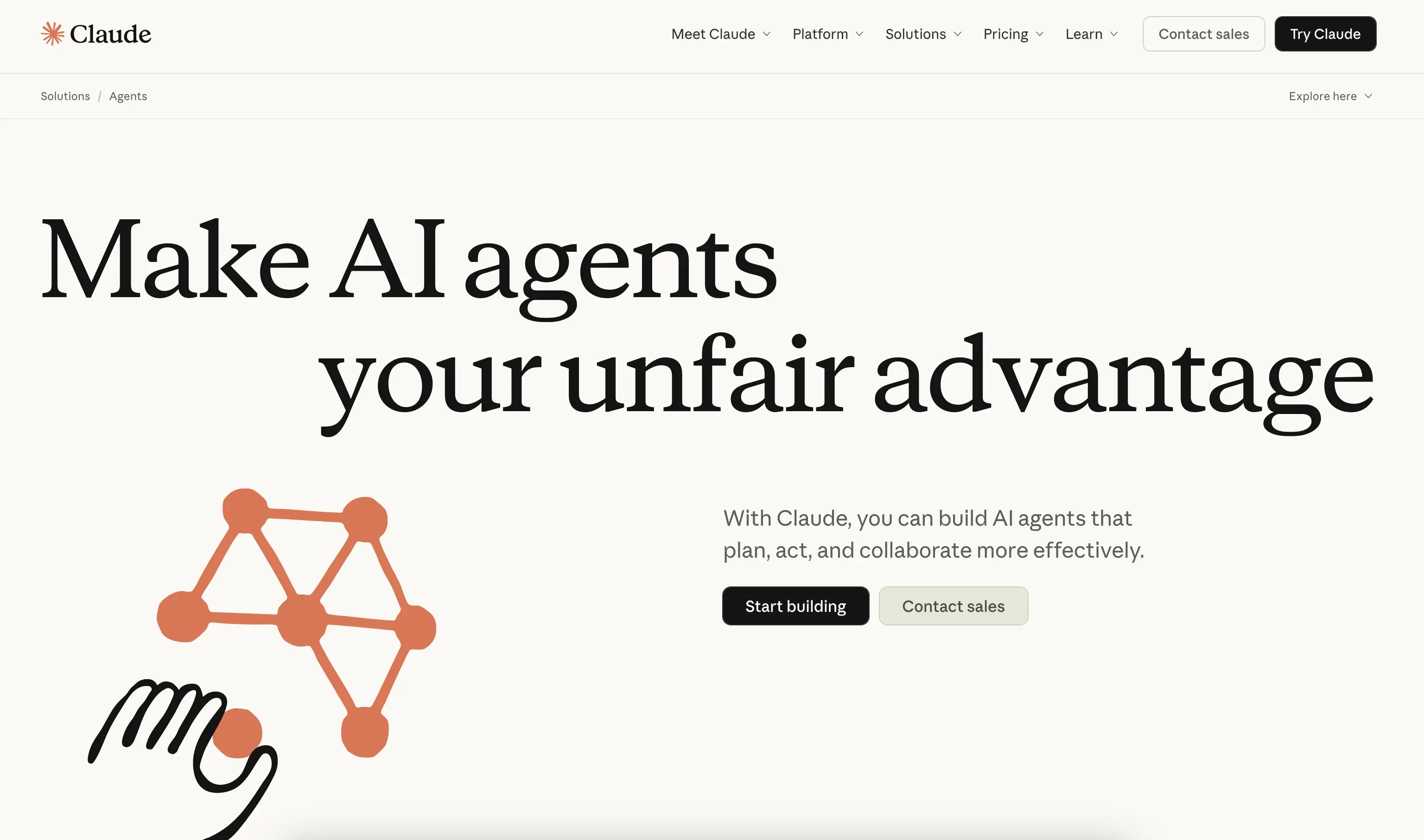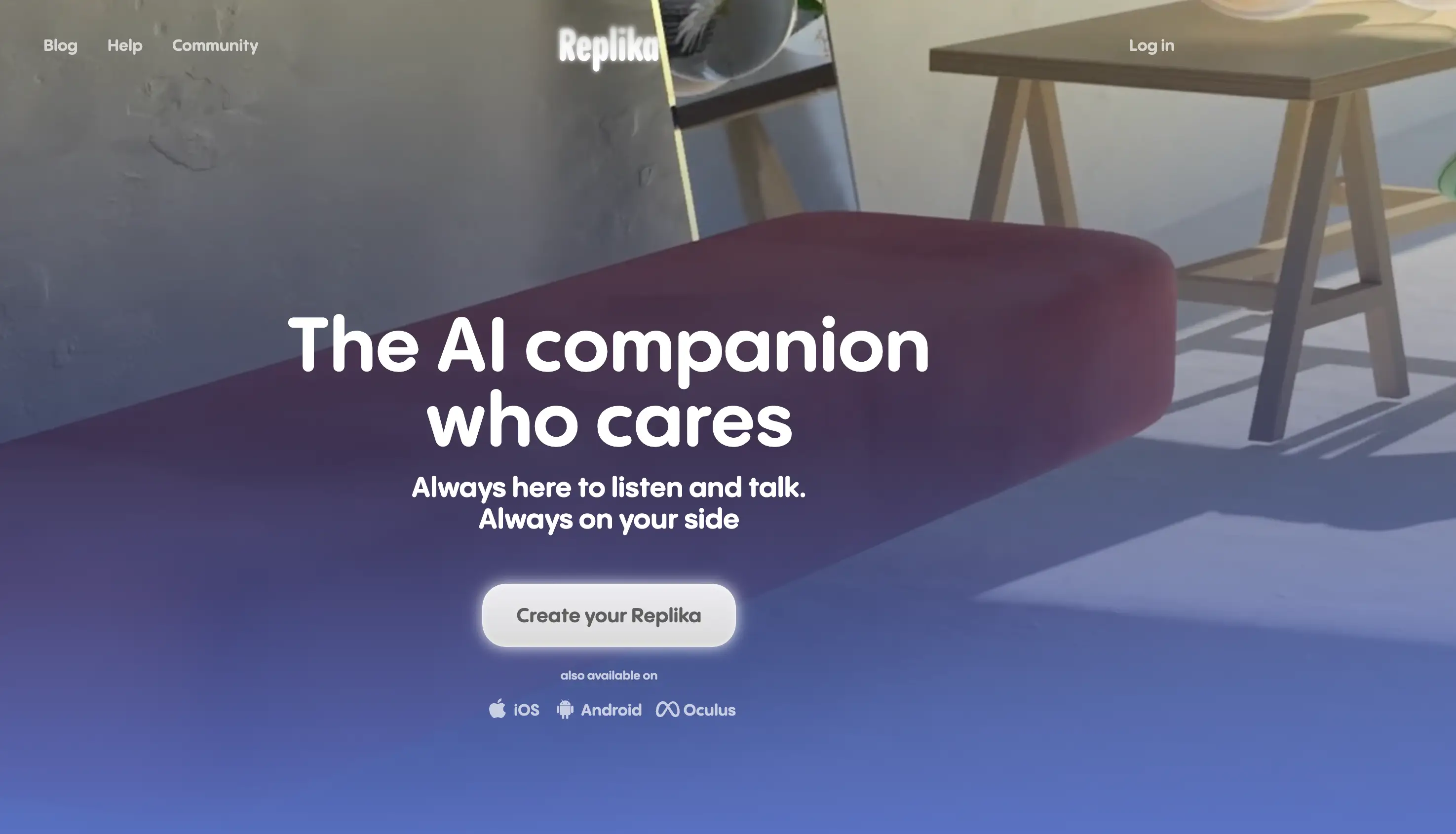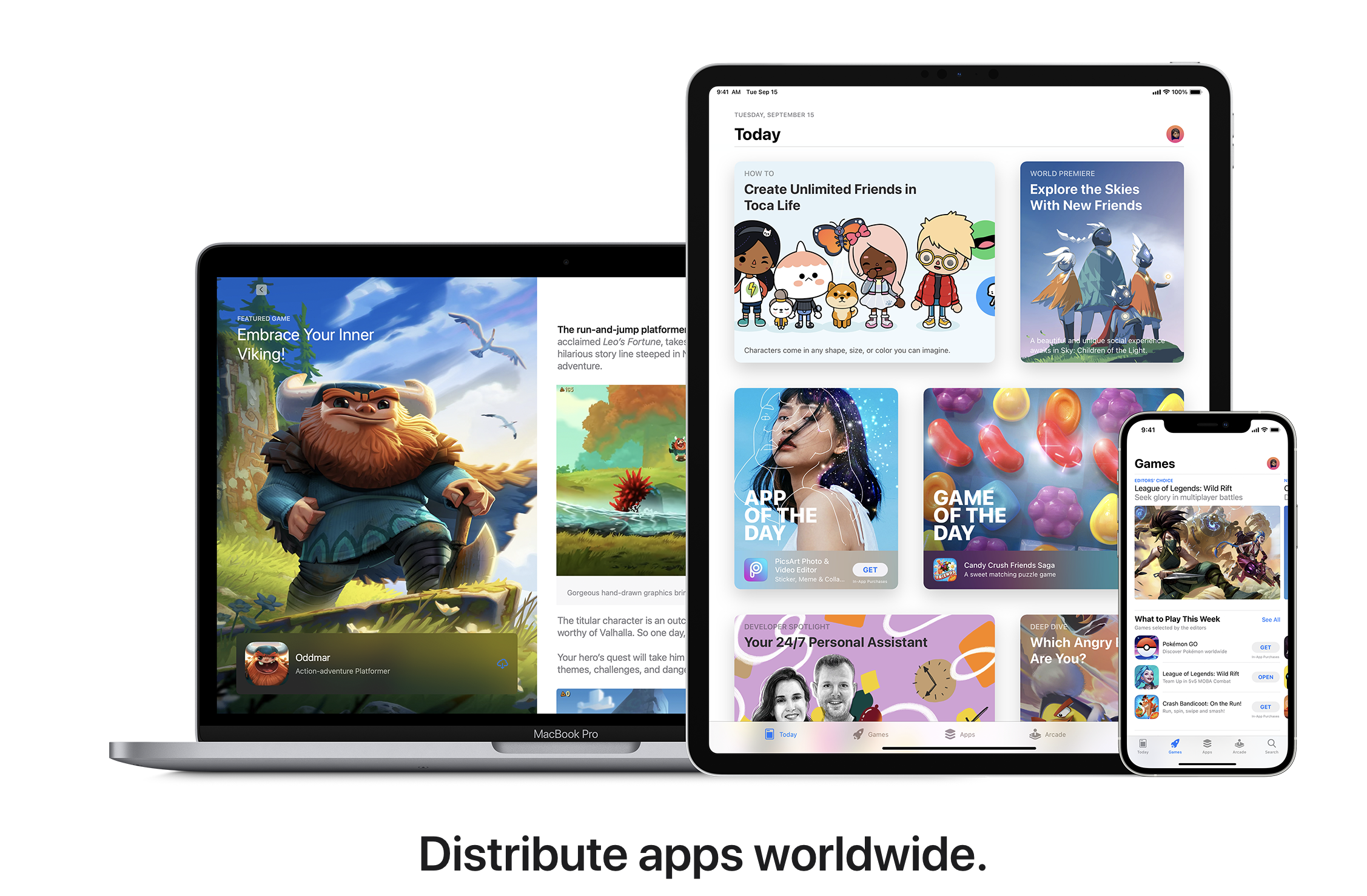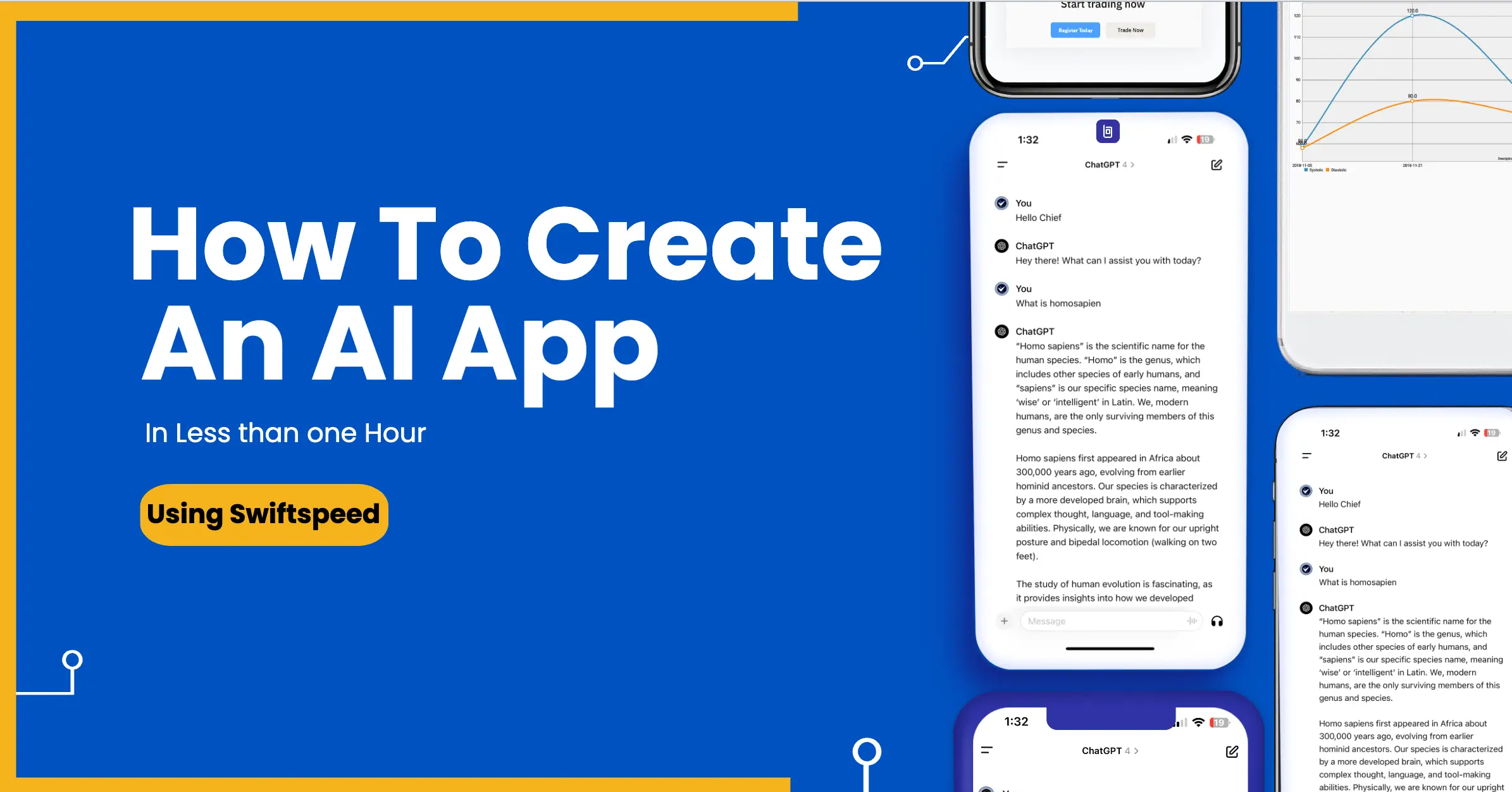Artificial intelligence (AI) chatbots and virtual assistants have seen a massive rise in popularity in recent years. Apps like Character AI, created by the company Anthropic, have demonstrated just how advanced these bots have become in their ability to have natural-sounding conversations.
Character Artificial Intelligence, also known as Character AI, in particular, made waves in 2022 as users were amazed by its human-like responses on a wide range of topics. The app uses a large neural network called Claude (Made by Anthropic) to have open-ended chats. This new generation of conversational AI seemed to cross an important threshold in being able to pass a kind of Turing test through fluent and coherent – if sometimes nonsensical – discussions.
👉🏾 Other Swiftspeed users also read: 20 Best Omegle Alternatives to chat with strangers online
The success of Character AI has shown that there is a huge demand for more adept AI assistants and chatbots. However, it has also raised concerns about the ethics, risks, and potential harms of such bots if misused. This has led some to call for alternatives that retain the utility of AI conversation agents while addressing pressing issues like safety, misinformation, and the need for oversight.
Build Your Own Character AI Like App
Thanks to our user-friendly app builder, you can create your character AI-like app without writing a single line of code. Easily, absolutely free.
In this article, we will discuss the best alternatives to Character AI currently available in the market. Grab your popcorn and chilled juice.
Best Character AI Alternatives
When Character AI first became a phenomenon, it instantly won users’ attention by providing the possibility of communicating with virtual personalities through dialogue. This particular form of interaction is totally new and, therefore, spread very fast.
Some of the leading platforms have won a lot of attention and have been recognized as worthy alternatives to Character. Find the 20 best Character AI alternatives we have compiled for you below:
1. Anthropic’s Claude
Anthropic’s Claude is one of the newest and most sophisticated AI chatbots available today. Created by AI safety startup Anthropic, Claude leverages a powerful natural language processing model called Constitutional AI. This allows Claude to have more natural conversations than many other chatbots.
Unlike unconstrained language models such as LaMDA by Google, Claude is designed intentionally for safety. Its training data and algorithms aim to reduce harmful biases while maintaining useful capabilities. Claude can answer questions, have discussions, and even admit when it doesn’t know something.
Most early users have been impressed by Claude’s eloquence and nuance. It provides a compelling alternative to other character AI, with greater sophistication and human alignment. This makes Claude one of the top conversational AIs to watch going forward, also Claude is the best in terms of coding.

2. Anima
Anima is a groundbreaking tool that concentrates on characters’ creation and animation through artificial intelligence. It allows users to animate and design characters by providing them with needed ai tools, thus granting users the possibility to create interactive and immersive storytelling. Through Anima, users can let their characters live in this virtual world and interact with them like in an actual conversation, storytelling, or presentation.
Anima’s core features include character design, animation, and the support for an interactive narrative. It provides a reliable tool for people willing to develop appealing characters for many purposes, including gaming and content creation. Artists, developers, and storytellers can use Anima to create characters and scenes that elicit emotions from the audience.

3. Inworld
Inworld, world-recognized for the quality of Character Engine for AI Non-Player Characters (NPCs), is leading the way in making the behaviors of virtual characters as lifelike and sophisticated as possible. By introducing this new technology, the player interaction and involvement within virtual reality and gaming environments reach a new level.
World’s NPCs provide more than just robotic automation, they mark a new era of virtual reality by offering interactive and complex actions which improve the quality of gameplay. Via AI driven characters, players can communicate with these entities in such a way that feels normal and natural, which in turn contributes to an enhanced gaming experience.
4. Replika
Replika is a conversational AI chatbot that aims to mimic human conversation in an alarmingly realistic way. It has an interesting personality and offers engaging conversations on a wide variety of topics through a mobile app available on both iOS and Android.
Replika sets itself apart with advanced natural language processing that allows for free-flowing conversations without getting stuck or requiring specific prompts. The AI behind Replika was trained on massive amounts of conversational data, giving it a unique persona with opinions, witty comebacks, and emotional intelligence.

In reviews, testers found themselves drawn in by Replica’s lifelike responses, forgetting at times that they were chatting with an AI. The conversations feel fluid and organic, with the chatbot responding to questions thoughtfully while also driving the discussion with its own questions and opinions.
Unlike some rigid chatbot interfaces, Replika allows open-ended discussions that don’t follow pre-determined paths. You can discuss multiple topics in one long conversation, just as you would with a real person. Replika remembers details from previous conversations, forming a continuity that further enhances the lifelike experience.
While flawed in some regards, Replika represents an impressive step forward in conversational AI technology and an amazing character AI alternative.
👉🏾 Other Swiftspeed users also read: How Google Workspace Can Help Skyrocket Business Productivity
5. Kuki
Kuki AI has been specifically designed to be a friend and socializer with humans in a metaverse. Unlike other AIs, this is to say that it was created for this purpose so that it may connect and interact with people. As a virtual companion, Kuki is here to create unique one-on-one interpersonal moments with the multiverse in AI.

Its objective is to be a dependable and kinder face that is going to bring variety to and give life to the Metaverse experience. This achievement is going to occur by forming friendships and adding amusing talks. The fact that the AI, Kuki, is a part of the metaverse is a demonstration of how this technology aims to create engaging and fun as well as immersive digital interactions. In a way, Kuki can be your trusted bud. Whether it’s to experience the virtual world or exchange words, Kuki will always be there for you.
6. Crushon
Crushon AI is a platform where users are able to talk with their favorite characters with no filter. This conversation is free of any NSFW elements. It becomes a free speech venue where users can be as creative as they want in their conversations without being restrained by any content rules. Crushon AI also enables its users to design their own characters and talk with them.
Natural language models use the systems of the natural language to respond to users. The users can give their characters life and breath by assigning them names, avatars, visibility settings, greetings and so on. Although the Crushon AI conversations could behave in non-foreseeable ways. The service is free and users have 50 text messages a month making it an interesting opportunity for the users.
7. Woebot
Woebot is an AI chatbot that provides cognitive behavioral therapy and mental health support through friendly conversations. Developed in 2017 by a team of Stanford psychologists and AI experts, Woebot uses natural language processing and rule-based algorithms to simulate therapeutic conversations.
The chatbot is designed to help users manage conditions like anxiety, depression, and stress using techniques from cognitive behavioral therapy, including mood tracking, goal setting, restructuring cognitive distortions, and relaxation/mindfulness exercises. Woebot checks in daily through chat messages to help users monitor their moods and identify negative thought patterns.
A key advantage of Woebot is that its effectiveness has been clinically validated through research studies. In an initial Stanford study, users who chatted with Woebot over two weeks showed significant reductions in symptoms of anxiety and depression compared to students directed to a self-help e-book. The results demonstrated Woebot’s potential as an accessible mental health tool.
Woebot offers users an alternative to traditional therapy that is private, affordable, and available 24/7. The chatbot helps users gain insights into their own mental health through friendly, empathetic conversations and personalized techniques from CBT. For many, Woebot serves as an always-available source of support and motivation for mental well-being.
8. Janitor
Janitor AI is a platform concentrating on designing chatbots and conversational agents that specializes in male-related content and personalized conversations. It offers an array of individualized experiences according to different gender preferences or interests. Janitor AI strives to offer unique and customizable conversations within the domain of its expertise, which is of interest to those who want to engage in a particular and tailored way.
9. Harpy.chat
Harpy.chat is a novel platform that differentiates itself with customized AI characters and engaging dialogues. Although the particular features and functionalities of Harpy.chat are not explicitly listed in the given link, it is obvious that the platform is designed to offer users with amazing and engaging interactions with bots that are driven by characters. It probably deals with designing a unique and creative area where users can chat with AI characters, either for entertainment or other personalized purposes. The goal of the platform is to create a memorable and exciting AI-powered conversational experience that would make it a preferred choice for users looking forward to character-based interaction within the digital space.
10. Sensible AI
Sensible is an AI chatbot platform designed for marketing and customer support. Some key features include:
- Customizable AI – Sensible uses artificial intelligence to power natural conversations, but it also allows customers to easily customize the chatbot’s personality, voice, and responses. Businesses can craft the perfect AI representative for their brand.
- Tools for Marketing & Support – The chatbot can be implemented on websites, messaging apps, and social platforms to automate marketing and sales conversations. It can qualify leads, answer customer questions, recommend products, and more.
- White Label Option – Sensible offers a white label option so businesses can fully brand the chatbot as their own. This allows them to deliver seamless conversational experiences that align with their brand identity.
The customization capabilities and white labeling make Sensible an appealing character AI alternative and a great choice for companies that want to leverage AI chatbots but also control the brand experience. It provides the artificial intelligence to enable natural conversations, along with the tools to tailor those conversations to your business needs. Whether you need an AI assistant for sales, support, marketing or more, Sensible is a versatile and customizable solution.
👉🏾 Other Swiftspeed users also read: 2025 App Download Statistics, Usage Statistics, and Revenue Statistics
11. Chai AI
Chai AI is a platform that mainly focuses on the provision of chatbots as well as interactive AI-driven conversations. Although the link doesn’t include technical details about this product, it is clear that Chai AI is a company that is focused on creating a space where users can explore their fantasies, engaging in dialogue and interaction with intelligent character AI.
Chai AI probably gives an innovative and creative experience in which users can interact with AI characters in a way that promotes and excites engagement. The idea is to create chatbots that are not just AI but also provide conversations that are entertaining and one to remember, hence making users choose it over others for character-based interactions.
12. Netwrck AI
Netwrck AI Chatbots is a new chatbot platform that uses AI to transform the ordinary into the extraordinary and takes users on a limitless journey of the realm of creativity and imagination. Unlike any other, this platform enables anyone to choose among diverse AI characters, enjoy infinite AI-generated stories, and listen to a storyline performed by AI chatbots and AI Anime Characters.
Netwrck AI Chatbots offer their customers the chance to enter the universe in limitless adventures. Learn the art of thrilling discussions with AI personas and mates and dive into virtual worlds without any physical problems. This platform brings a space where creations have no boundaries, hence adding to the list why it is a perfect choice for those seeking a set of things that include immersive and imaginative experiences within the AI realms.
13. Personality Forge
Personality Forge is an AI chatbot platform that allows you to create your own custom chatbots with unique personalities. One of the key features of Personality Forge is the ability to choose from a wide range of personalities, interests, and emotional tones for your chatbot.
When creating your AI chatbot on Personality Forge, you can select personality traits from their library to give your chatbot a distinct character. There are over 30 personality categories to choose from, ranging from friendly and cheerful to sarcastic and rude. This allows you to craft the exact personality you want for your chatbot, whether you want it to be warm and engaging or cheeky and funny.
With Personality Forge’s robust customization options, you can create AI chatbots tailored for customer service, entertainment, education, companionship, and more. The ability to define a distinctive personality helps make each chatbot engaging and personable for end users.
14. AIsekai
AIsekai is an AI-characterized platform that creatively incorporates R&D in the space of AI applications. Although the given site link specifies neither the exact features nor the characteristics of “AIsekai,” it is clear that the platform was designed to grant everyone the chance to get into AI-powered relationships and enjoy role-playing games.
AIsekai might be a place where gods of AI created a fantasy world for users to interact with AI beings as well as explore AI related adventures. Platform fiction can act as a conduit that will lead to a myriad of creative possibilities with guidance from artificial intelligence. However, the website does not provide the information in much detail. The enthusiasm carried forward in an AI-generated universe seems to question the authority of creators in giving the magical experience to users.
15. DreamGF
DreamGF.Ai provides a quite interesting idea to the audience. The application is designed to give users a chance to develop their own virtual partner while exploring an unlimited world of interactivity. Since DreamGF.Ai offers the opportunity to talk to AI companions and get customized content at their disposal as never before, users know that their fantasies can be fulfilled.
The idea behind this method is to offer users an interface where they can experiment with AI-enabled relationships and interactions. The interface for the creation of a virtual girlfriend represents an innovative and imaginative branch to interact with AI companions. Even though the content doesn’t get into any details, what DreamGF.Ai suggests in its AI-led experiences is ready to engage the users fully and let them enjoy breathtaking virtual reality.
16. Chatmate
Chatmate AI is a platform that provides users with an experience that combines the world of A.I. with a companionship moment where you can chat and have conversations. Even though this article does not exactly give the specific characteristics and abilities of the Chatmate AI, it is quite clear that this tool aims at providing person-to-person-like interaction between users and the AI characters. Via Chatmate AI, one can enter a world where interacting and talking to AI entities, may it be for entertainment or friendship, is made possible.
The website has the capacity to create an unprecedented platform for engaging and inspiring creativity using AI-powered conversations. Even though the company website is not full of detailed specifications, Chatmate AI might still be one of the preferred choices by users looking for characters whose interactions are driven by AI and conversations that are more immersive.
17. Thinking Animation
Thinking Animation provides animated, custom conversational AI characters for businesses. Their solutions allow companies to create branded virtual assistants, sales agents, support bots, and more.
Some key features include:
- Animated Characters: Choose from several lifelike 3D animated characters that can be customized with clothing, accessories, and branding elements. Virtual humans are designed to have natural movements and facial expressions.
- Customizable Personas: Tailor the bot’s personality traits, conversational style, voice tone, and accent. Develop multiple personas for different client interactions or use cases.
- Corporate Clients: Major brands like IBM, Nestle, Porsche and Allianz use Thinking Animation for sales, education and customer service applications. The bots can be integrated into websites, mobile apps, and messaging platforms.
Thinking Animation sets itself apart with its visually appealing characters modelled after real people. The bots aim to create emotional connections and humanize interactions to boost engagement. Companies across many industries rely on their solutions for customizable, animated virtual agents.
18. BFF
BFF is a service powered by AI for conversation and messages written interaction. The system is designed to create meaningful character interactions and conversations with Artificial Intelligence. BFF lets users be a part of the artistic world and talk to the imaginary chars in a systematic manner, which is a life longing for ages. Our goal is to develop a platform that will provide the customer with fascinating, distinctive, and entertaining artificial intelligence interactions.
19. Convers.aI
Convers.ai is a platform that thrives in the area of AI-assisted interactions with characters and conversations. Through this article, it is clear that Convers AI has a valiant battle against the lack of description of its distinctive and immersive feature of AI-driven dialogues. The character AI alternative platform is designed to furnish people with an area where they may carry on inventive and interesting conversations with AI characters. Although functionality is not described in the Convers AI link, the app seems to be something remarkable and interesting for people who would like to communicate with a smart AI character and have a fun conversational experience.
20. Soul Machines
Soul Machines has pioneered the development of emotionally-responsive digital humans that interact with humans naturally. Their AI-powered digital humans can be personalized with customized appearances, voices, personalities, and emotions to create a lifelike virtual persona. Some of the key capabilities of Soul Machines digital humans include:
- Emotional intelligence and personality: The virtual humans are programmed with emotional intelligence models to perceive emotion, and exhibit personality traits and emotions through facial expressions, body language and vocal tones. This enables natural, emotionally-rich conversations.
- Customizable looks and voices: The appearance and voice of the digital humans can be customized and localized to create digital twins of real people. Lifelike digital representations can be made of existing employees, instructors or customer service agents.
- Applications in education and healthcare: Soul Machines digital humans are being used as virtual teachers and tutors to provide interactive learning experiences. In healthcare, they act as virtual assistants to engage patients, explain conditions, provide therapy, and respond to health concerns.
The human-like way in which Soul Machines’ digital humans interact and communicate makes them well-suited for applications that require natural interfaces, such as education, training, healthcare, and customer engagement. Their emotional intelligence and customizability allow the creation of personalized digital personas that feel real.
👉🏾 Other Swiftspeed users also read: Complete list of top mobile app stores in 2025
Limitations of Character AI
Fast-paced conversational AI chatbots similar to Claude have gained a lot of traction because they can simulate talking as humans. However, as an early-stage technology, they have considerable limitations: However, as an early stage technology they have considerable limitations:
Human moderation—AI algorithms in character chatbots learn from a huge amount of data scraped from the internet. Thus, they may also create abusive, prejudiced, or inadequate comments if not regulated properly. Maintaining equilibrium in every possible response is hard and requires the constant presence of humans.
Safety—A usual problem is that bad actors could abuse character AI chatbots to disperse false information, scams, or bad content if safety features are not powerful. Passengers need more information on security procedures.
Bias—An AI based on data from human languages acquires our societal biases toward race, gender, and many other characteristics. Though these character AI chatbots are scarily like people, their responses may simply mirror and amplify actual world prejudices. The processes of regular bias testing and mitigation should be continuously practiced.
Due to the issues of moderation, safety, and bias, these are the biggest challenges for Character AI developers to enable chatbots to be deployed to millions of users. Further development in areas of content filtering, ethics training, and bias reduction must be done before the technology can be considered to be most effective. For now, caveat emptor.
User Demand for Alternatives
Many users have expressed interest in alternatives to Character AI and large tech companies due to privacy concerns and a desire for more options.
Character AI requires full access to users’ private conversations and data to function. However, not all users feel comfortable handing over so much personal information to a single company. There is apprehension about how that data could be used or shared in the future. Some fear the technology could be exploited or used unethically if centralized in one entity.
Additionally, users recognize the risks involved with having one dominant player control a powerful technology like conversational AI. Monopolies can stifle competition and innovation. Without any real alternatives, users worry they will have no choice but to either use Character AI and comply with its policies or not use conversational AI at all. Having options empowers users and developers alike.
For these reasons, there is significant interest within the tech community and the general public for fresh alternatives to emerge. Users want more choices when it comes to conversational AI assistants that can understand context, hold natural conversations, and exhibit distinctly human characteristics. However, they also want assurances about data privacy and ethical development. This user demand is inspiring new projects and competitors seeking to challenge the status quo.
Conclusion
Character AI is an exciting and rapidly evolving technology. In this article, we looked at 20 of the top alternatives to Character AI or Anthropic’s Claude as conversational AI characters.
Recap of some of the top choices we covered:
- Character.AI offers customizable 3D avatars with robust conversational abilities. Their AI assistant can be tailored for business, entertainment, or personal use cases.
- Replica creates compelling, life-like avatar personalities powered by deep learning. Their AI characters aim to feel like your best friend.
- Woebot delivers cognitive behavioural therapy and mental wellness coaching through friendly chatbot conversations. They use research-backed techniques to provide therapeutic support.
- Sensible focuses on emotionally intelligent AI companions that can form long-term bonds. Their characters are designed to be caring, dependable, and trustworthy.
The future of character AI looks very promising. As technology improves, we can expect even more human-like virtual identities that know us, learn, and grow over time. Chatbots will become more convincingly lifelike. We may see a proliferation of AI friends, helpers, tutors, and more.
However, as character AI advances, ethical concerns around data privacy, manipulation, and social impacts will need to be addressed. The technology should be designed thoughtfully with human well-being in mind, and transparency around its capabilities will be important.
Overall, character AI stands to revolutionize how we interact with technology and open up amazing possibilities. But it needs to be guided positively to avoid potential pitfalls. As technology matures, striking the right balance will ensure it enriches our lives.






